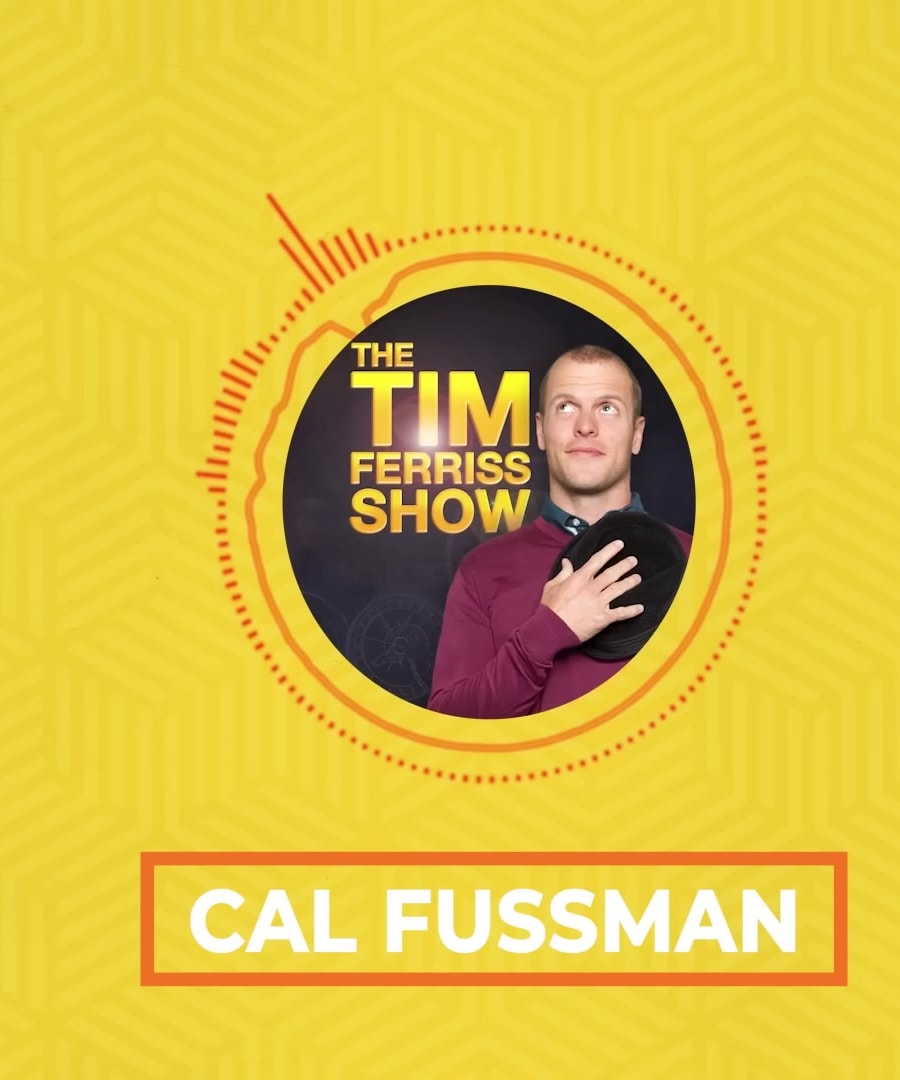How have interview shows evolved?
Sources:
Interview shows have significantly evolved over the years, marked by shifts in styles, approaches, and the nature of conversations.
-
Changing Approach:
- Cal Fussman, a journalist who has interviewed a wide range of notable figures for over 20 years, notes a key evolution in his approach. Initially, he focused on getting people's stories out. However, he shifted to treating interviews more like casual conversations, leading to deeper and more personal insights from his guests 1.
-
Storytelling and Vulnerability:
- Debbie Millman describes her transition from being hesitant about asking for interviews to embracing a format where she invites guests to share their origin stories. This evolution emphasizes a storytelling approach that allows individuals to express their ideas and experiences naturally, blending personal vulnerability with professional growth 2.
-
Spontaneity and Engagement:
- Mario Fraioli discusses how his interviewing style on "The Morning Shakeout" moved from over-preparation to a more relaxed, engaged approach. By preparing only general topics rather than specific questions, he promotes natural, meandering conversations that can delve deeper into unexpected areas, enhancing both spontaneity and engagement 3.
-
Empathy and Connection:
- Marc Maron highlights the evolution of his show "WTF" from initially aiming for humorous interactions with friends to focusing on empathetic, intimate conversations. This evolution underscores the value of true connection and understanding, as opposed to merely seeking entertainment 4.
-
Adaptability and Inclusiveness:
- Tina Muir explains how her podcast to evolve from a focus on niche topics to including a broad range of guests and subjects. This adaptability ensures that the content remains interesting and relevant to a diverse audience by highlighting lesser-known yet compelling stories 5.
These changes reflect a broader trend towards more authentic, engaging, and meaningful conversations in interview shows, allowing for deeper connections and explorations of a wide array of topics.
RELATED QUESTIONS-
